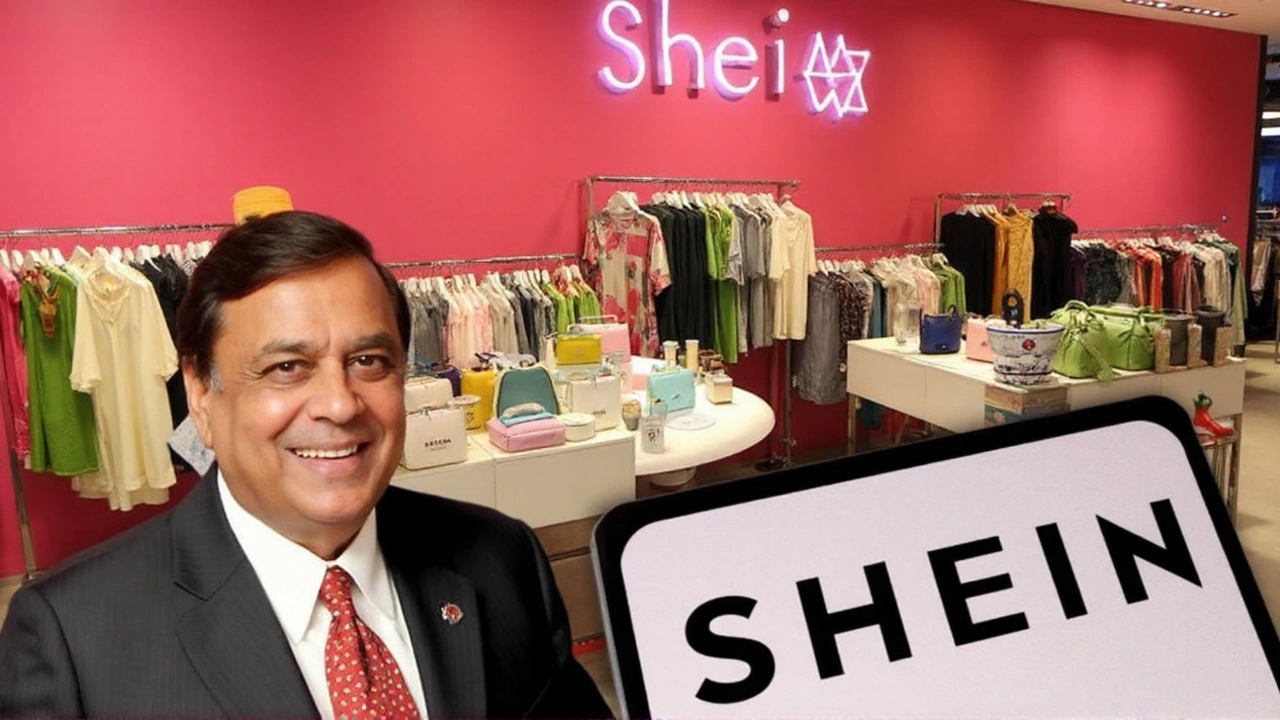Business & Retail: Shein India returns with Reliance at ₹199
Shein is back in India through a Reliance licensing deal, and the headline is simple: fast fashion starting at ₹199. The operation has been live since February 2025, uses local factories, and already has 150 suppliers signed up with plans to scale to 1,000. That matters because it changes how cheap fashion is made, sold, and exported from India.
If you follow retail news, this isn't just another brand relaunch. Reliance is using Indian factories to make Shein-labelled clothes for domestic sales and to export within 6–12 months. That short lead time and low price point put pressure on budget chains like Zudio and shifts bargaining power toward large retailers who can handle volume and tight margins.
What shoppers should know
For everyday buyers, ₹199 price tags mean more options at lower cost. Expect frequent drops, quick trend cycles, and heavy promotions in malls and online. But watch quality and return policies. Cheap items can be great for fast trends, not for wardrobe staples. If sustainability matters to you, look for clear product info—materials, wash care, and return windows—before buying.
What this means for retailers and suppliers
Small retailers face a tough choice: compete on price or specialize. Competing directly with a Reliance-backed, low-cost model is hard unless you focus on curation, local brands, or better service. For Indian suppliers, the upside is real—more orders, investment in capacity, and a smoother path to export. Reliance says it plans to onboard 1,000 suppliers; that can boost jobs and factory upgrades, but it also raises the bar for meeting fast turnaround and quality targets.
Investors and analysts should watch margins and inventory risks. Low-priced fast fashion relies on volume and tight supply chains. Any disruption—raw material price swings, shipping delays, or labor issues—can squeeze profits quickly. Still, positioning India as a manufacturing node for Shein gives the country a larger role in global apparel exports, which could attract more capital into textile infrastructure.
For employees and communities near garment hubs, the return of Shein through local partners could mean more steady contracts and training in faster production techniques. That may help move work from informal setups to more formalized contracts, but it also means factories will be pushed to meet aggressive timelines and cost targets.
Bottom line: this move pushes the fast-fashion price war into a new phase. Shoppers get cheaper trends, suppliers get bigger orders, and small retailers must adapt or specialize. Watch for quick product cycles, heavy discounting, and a stronger Indian presence in global apparel exports over the next 6–12 months.
Want practical tips? If you shop fast fashion: buy trends, not basics; check returns; compare prices across stores. If you run a retail shop: focus on service, exclusive picks, or niche markets. If you supply fabrics or production: invest in speed, quality checks, and export compliance—those are now table stakes.

